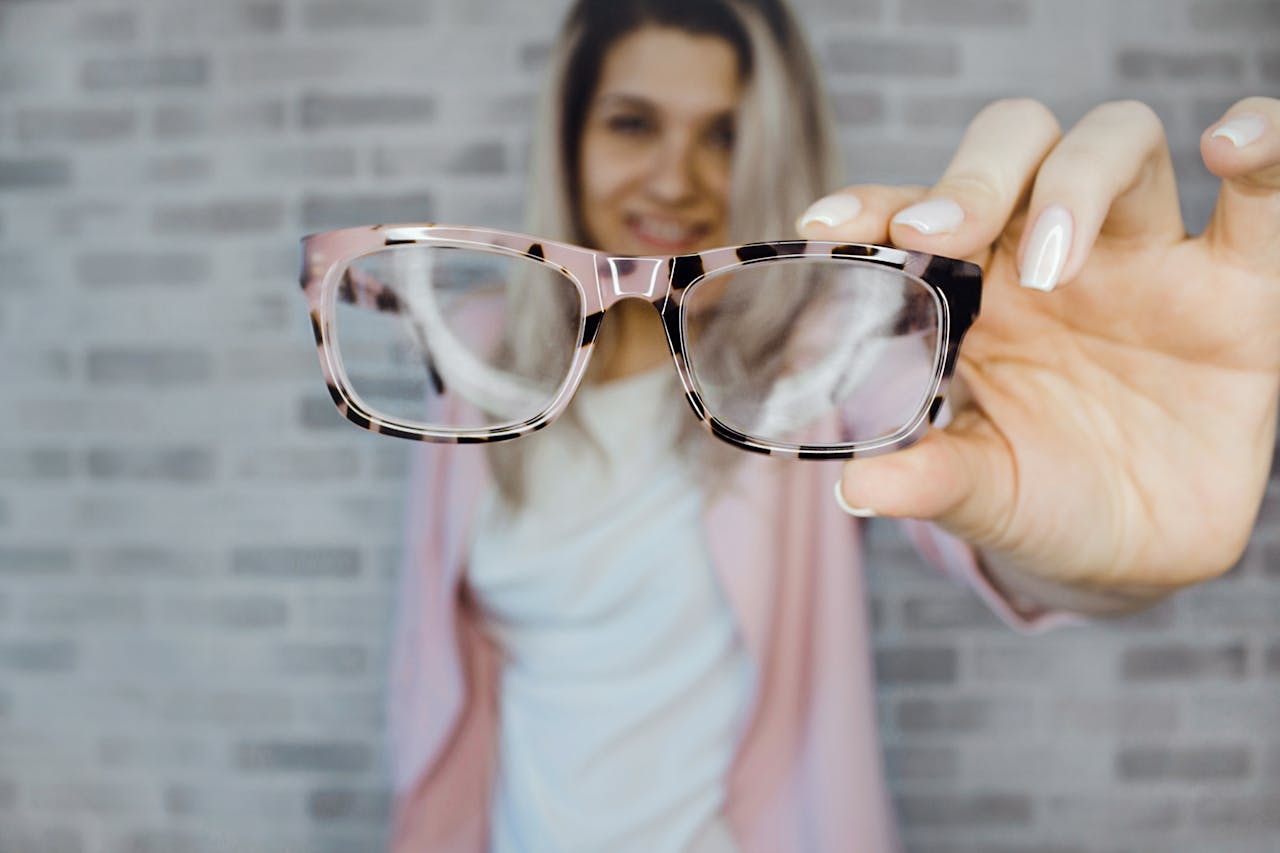
In today’s modern world, most of us spend hours every day in front of screens - whether for working remotely, school, or entertainment. At Roosevelt Vision, we’re seeing more patients experiencing eye discomfort related to prolonged screen use. Let’s explore how screen time affects your eyes and when to seek treatment for dry eye symptoms.
The Link Between Screen Time and Dry Eye
When you stare at a screen for long periods, your blink rate naturally decreases. Blinking is essential for spreading tears evenly across the surface of your eyes, keeping them lubricated and healthy. Reduced blinking can lead to faster tear evaporation, which is a primary cause of dry eye.
Additionally, focusing on screens for extended periods can strain the muscles in your eyes, contribute to poor tear quality, and exacerbate pre-existing conditions like meibomian gland dysfunction. This glandular issue affects the oily layer of your tears, leading to more rapid tear evaporation and irritation.
Common Symptoms of Screen-Related Dry Eye
If your eyes feel tired or irritated after a day at your computer, you’re not alone. Common symptoms of screen-related dry eye include:
- A gritty or burning sensation in the eyes
- Redness or sensitivity to light
- Blurred or fluctuating vision
- Difficulty wearing contact lenses
Screen Time Strategies to Protect Your Eyes
While completely eliminating screen time isn’t realistic for most people, there are practical steps you can take to reduce its impact on your eye health:
- Follow the 20-20-20 Rule: Every 20 minutes, look at something 20 feet away for 20 seconds to give your eyes a break.
- Use Artificial Tears: Over-the-counter lubricating eye drops can help keep your eyes moist throughout the day, especially during extended screen use.
- Adjust Screen Settings: Lower the brightness and increase contrast to reduce glare. Use blue light filters when possible.
- Position Screens Properly: Place your monitor just below eye level to encourage a natural blink rate and posture.
- Use a Humidifier: Adding moisture to the air in your home or office can help prevent your tears from evaporating too quickly.
When to Consider Dry Eye Treatment
If at-home strategies don’t alleviate your symptoms or if your discomfort worsens over time, it may be time to consider professional dry eye treatment. Chronic dry eye can significantly impact your quality of life and may require medical intervention to manage effectively.
At Roosevelt Vision, our comprehensive eye exams include specialized testing to determine the exact cause of your symptoms, whether it’s due to poor tear production, rapid evaporation, or meibomian gland dysfunction. Identifying the root cause allows us to create a personalized treatment plan using advanced therapies tailored to your specific needs.
Dry eye treatment options may include heated eye masks, lid cleansers, artificial tears or ointments, prescription eye drops, topical or oral medications, punctal plugs, and scleral lenses.
Take the First Step Toward Lasting Dry Eye Relief
Screen time is a part of modern life, but it doesn’t have to come at the expense of your eye health. With simple daily strategies and the right professional care, you can manage or even prevent dry eye symptoms.
If your eyes frequently feel dry, irritated, or fatigued after prolonged screen time, schedule a dry eye evaluation with Roosevelt Vision. Visit our office in Seattle, Washington, or call (206) 527-2987 to book an appointment today.






